"Of all the many glorious images we have received from Saturn, none are more strikingly unusual than those taken from Saturn's shadow," the lead of the Cassini imaging team at the Space Science Institute, Carolyn Porco, said of the new image in a written statement released by NASA's Jet Propulsion Laboratory.
The Cassini mission is a joint project of NASA, the European Space Agency, and the Italian Space Agency. The institute is based in Boulder, Colorado. [via huffingtonpost]
The glorious back-lit photograph--actually a mosaic of images taken in the violet, visible, and near-infrared parts of the electromagnetic spectrum taken when Cassini was about 500,00 miles from Saturn--was snapped on Oct. 17, 2012, during the probe's 174th orbit around the planet, according to the statement. At the time, the space probe was situated in what space scientists call a "very scientifically advantageous and coveted viewing position" (peering back toward the sun while in Saturn's shadow)
Cassini Pictures Of Saturn And Its Moons:
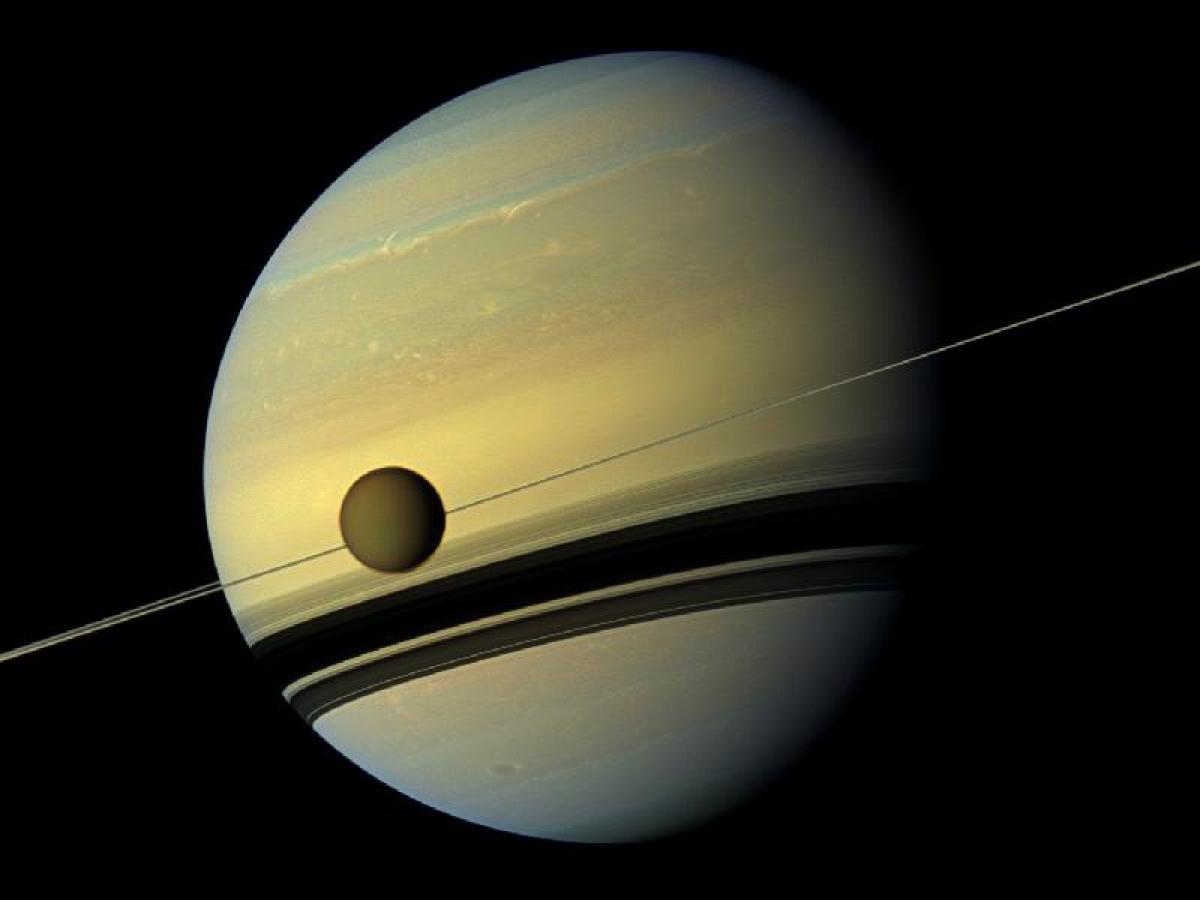
The Cassini mission is a joint project of NASA, the European Space Agency, and the Italian Space Agency. The institute is based in Boulder, Colorado. [via huffingtonpost]
The glorious back-lit photograph--actually a mosaic of images taken in the violet, visible, and near-infrared parts of the electromagnetic spectrum taken when Cassini was about 500,00 miles from Saturn--was snapped on Oct. 17, 2012, during the probe's 174th orbit around the planet, according to the statement. At the time, the space probe was situated in what space scientists call a "very scientifically advantageous and coveted viewing position" (peering back toward the sun while in Saturn's shadow)
Cassini Pictures Of Saturn And Its Moons:

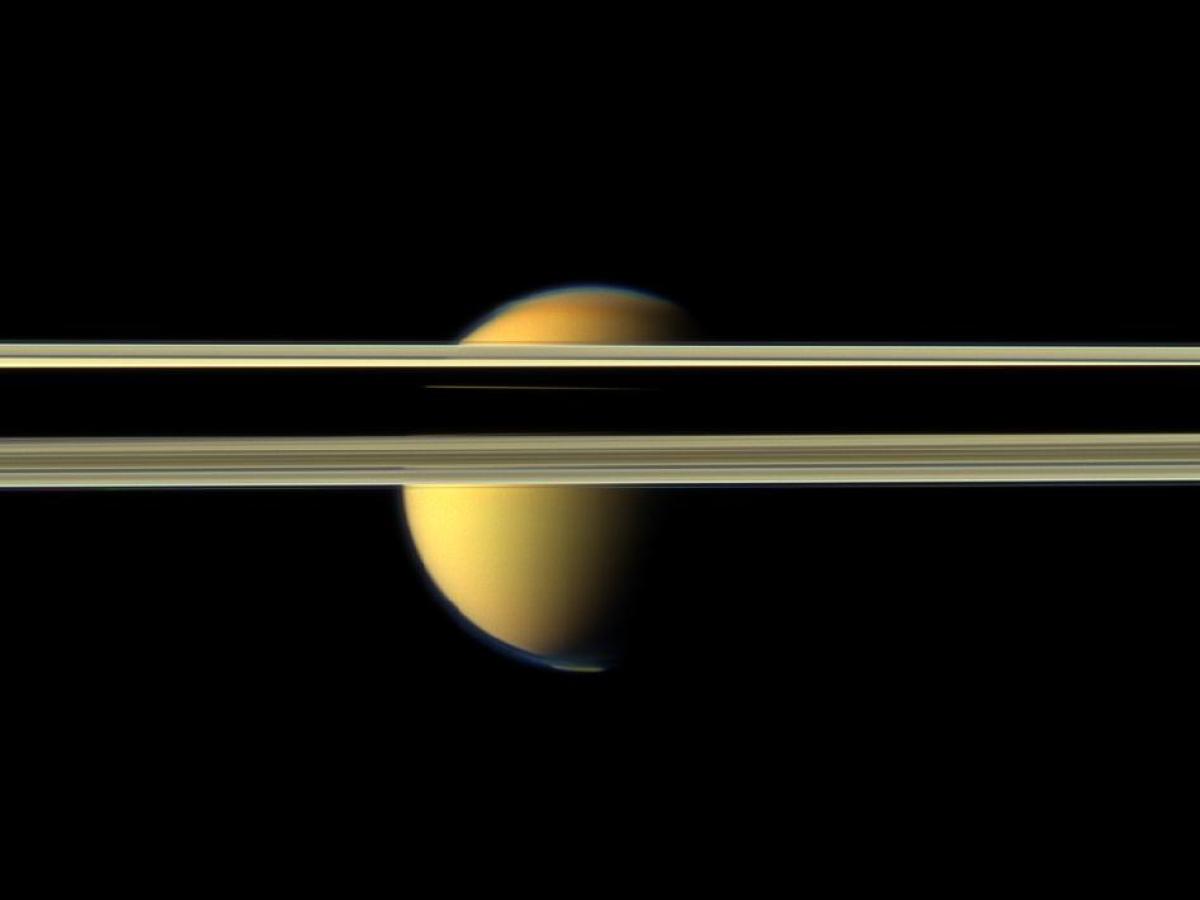
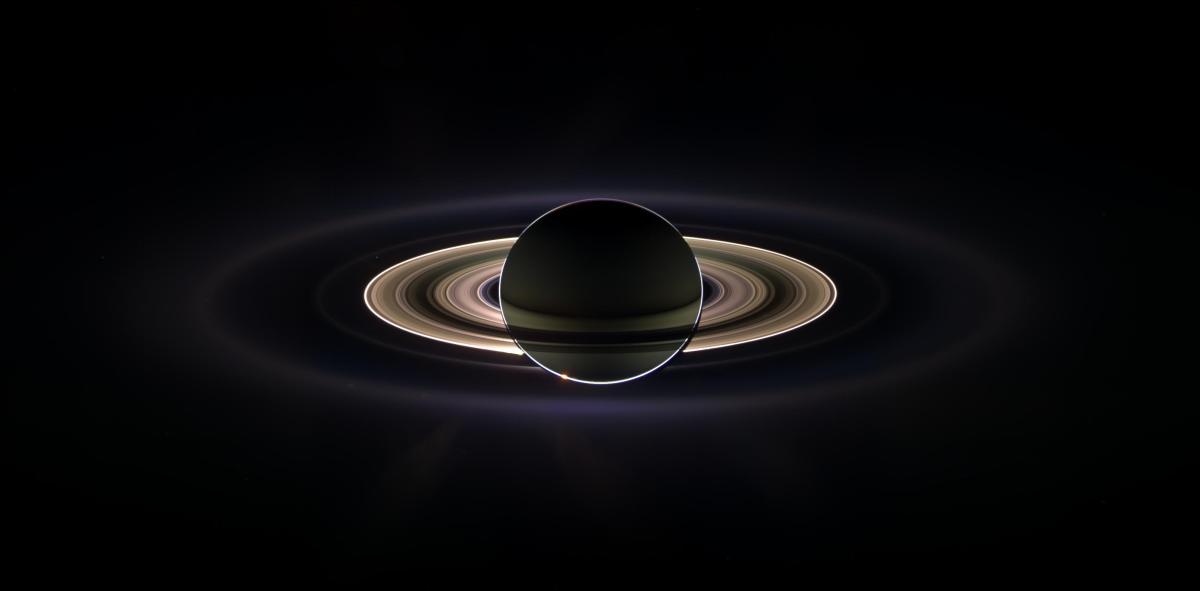
With giant Saturn hanging in the blackness and sheltering Cassini from the sun's blinding glare, the spacecraft viewed the rings as never before, revealing previously unknown faint rings and even glimpsing its home world.
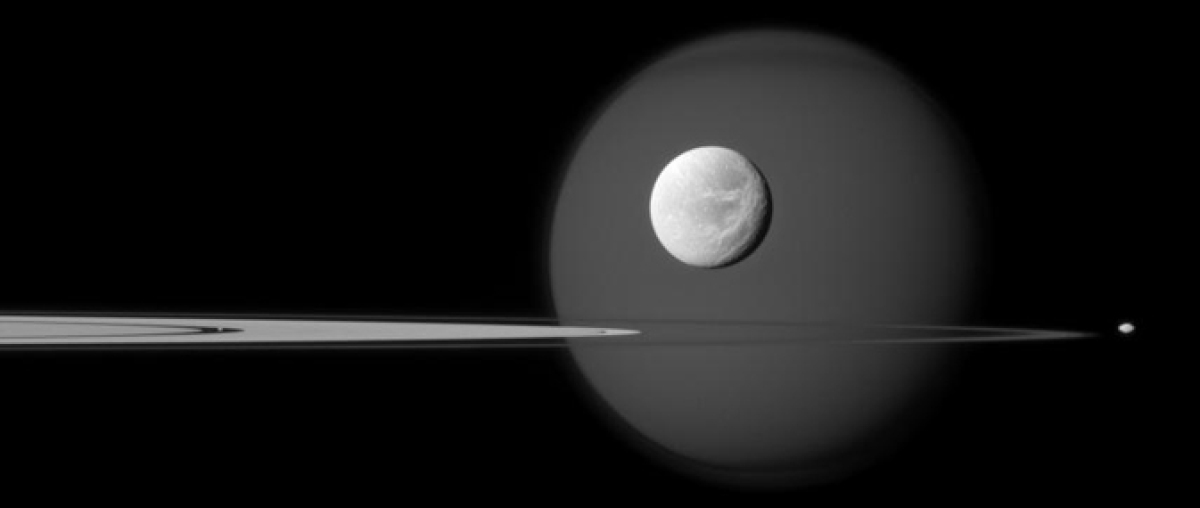
A quartet of Saturn's moons, from tiny to huge, surround and are embedded within the planet's rings in this Cassini composition.
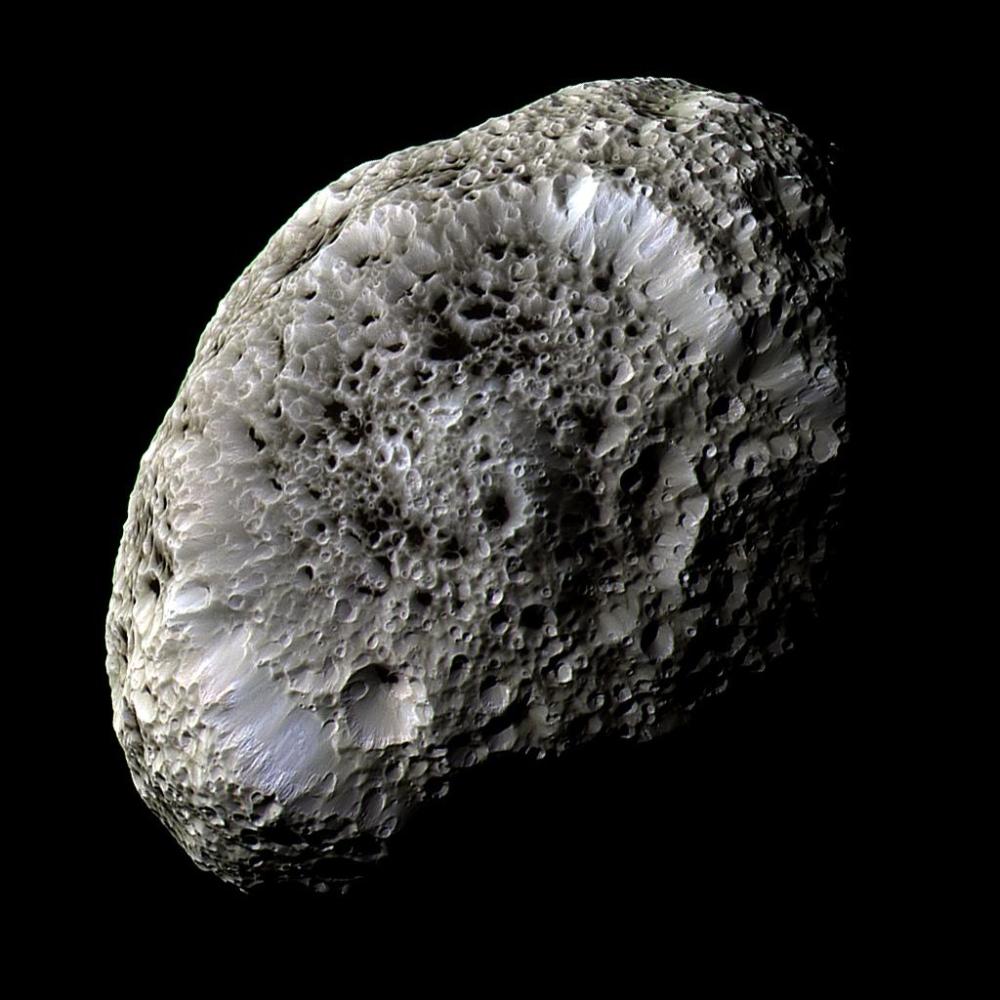
This stunning false-color view of Saturn's moon Hyperion reveals crisp details across the strange, tumbling moon's surface. Differences in color could represent differences in the composition of surface materials. The view was obtained during Cassini's very close flyby on Sept. 26, 2005.
Hyperion has a notably reddish tint when viewed in natural color. The red color was toned down in this false-color view, and the other hues were enhanced, in order to make more subtle color variations across Hyperion's surface more visible.
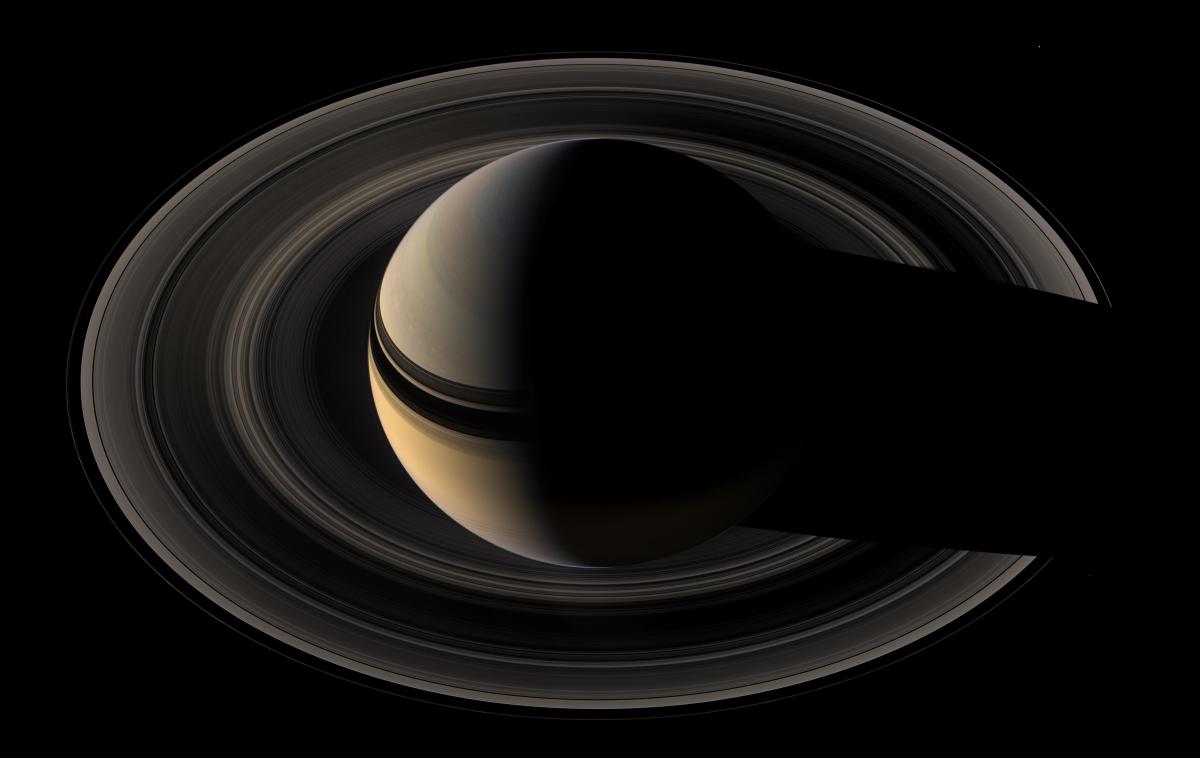
Saturn sits nested in its rings of ice as Cassini once again plunges toward the graceful giant.
This natural color mosaic was acquired by the Cassini spacecraft as it soared 39 degrees above the unilluminated side of the rings.


No comments:
Post a Comment